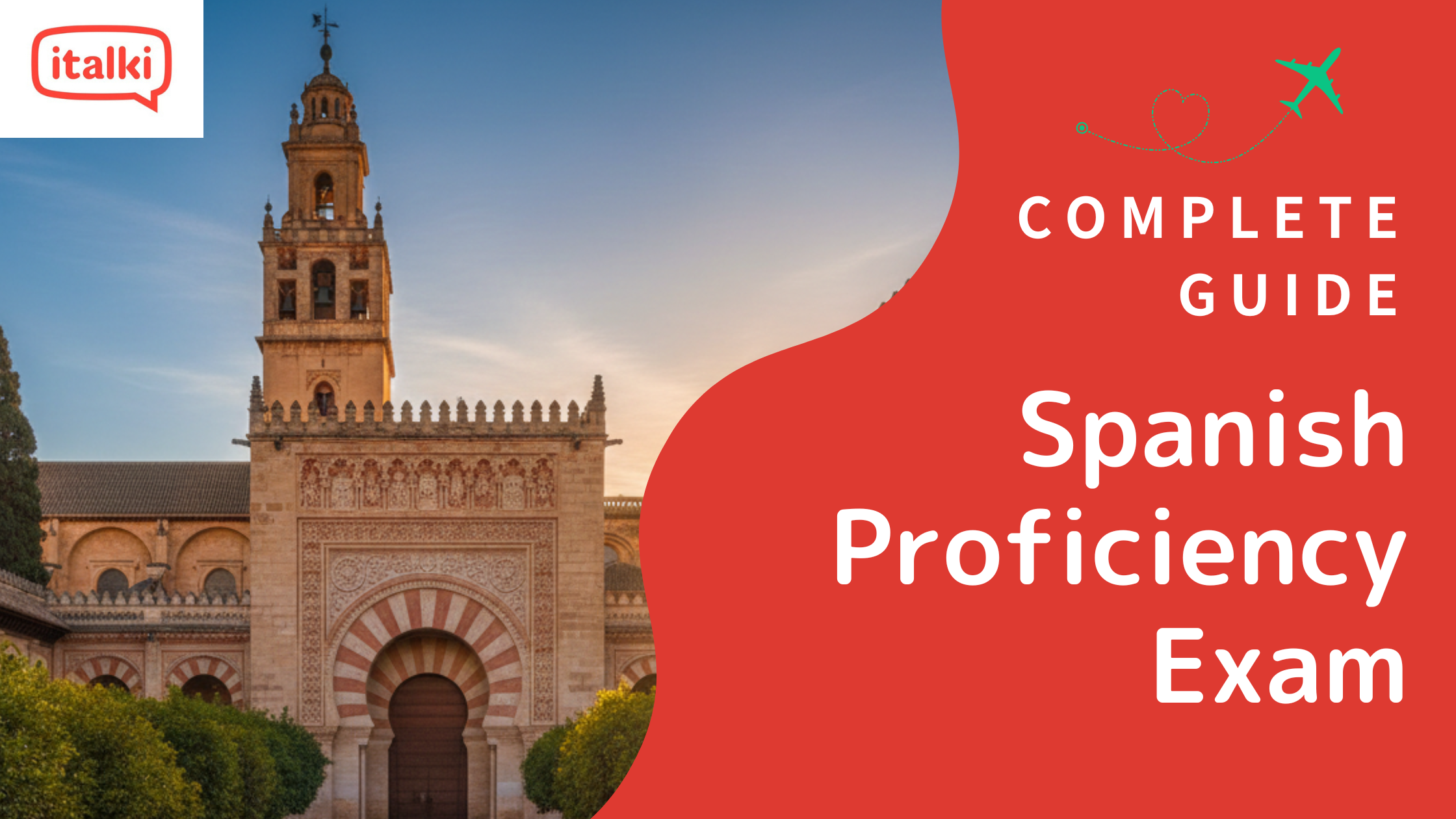Are you a Spanish learner and want to learn months in Spanish? Take it a step further when you are ready to learn the names of the Spanish months. Learning the appropriate vocabulary, phrases, prepositions, and seasonal expressions is the first step in learning how to talk about the months.
You can talk about the past and make future plans if you understand how Spanish talks about the months. One benefit of speaking English is the abundance of cognates, which are words that sound similar or nearly similar in two different languages.
Since almost all of the Spanish months sound like their English counterparts, they serve as excellent examples of cognates. They are therefore simple to remember and learn.
The 12 Spanish months
Here’s a list of the words for the months in Spanish.
Enero — January
Febrero — February
Marzo — March
Abril — April
Mayo — May
Junio — June
Julio — July
Agosto — August
Septiembre — September
Octubre — October
Noviembre — November
Diciembre — December
Again, it’s easy to memorize the names of the months and recognize them when you see them because all of the months (possibly with the exception of enero) are cognates with their English counterparts.
The biggest difference in usage between Spanish and English is that, aside from when they are at the start of a title or sentence, the names of the months are never capitalized in Spanish.
Every month has a masculine gender, so keep in mind that you must use the masculine form of any adjectives you use to describe any month.
- Fue un agosto muy caluroso. (It was a very hot August.)
You can now learn Spanish easily with italki. Here, you can study Spanish with the most interesting and engaging methods. You can now book your lesson plan by visiting the website. You can also avail of the facility of a free trial before enrollment to assess the teaching mythologies and styles.
Want to learn a language at italki?
Here are the best resources for you!
Words and time expressions to talk about months in Spanish
In English, prepositions of time like in, during, since, until, and of are frequently used with months.
The situation is the same in Spanish, but we must learn the prepositions and ensure that we are using them properly. To begin, we will go over a few prepositions that are frequently used with the months, along with their definitions and usage examples. Next, we will move on to other terms and expressions that can be used with months.
En
Meaning: In
This one is fairly simple, and we use it very similarly to how we would in English. When discussing events that occurred in a particular month, use en. For example:
Ellos siempre van a la playa en junio. (They always go to the beach in June).
De
Meaning: Of
The use of de next to a month word is simple and analogous to the use of the preposition “of” in English. When discussing a specific day within a month, use the word de and place it between the day and the month. For example:
Mi cumpleaños es el tres de abril. (My birthday is the third of April).
Durante
Meaning: During, for
This preposition’s use is a little tricky because it differs slightly from the meaning it has in English. Use the Spanish word durante to indicate the length of time. For example:
Estuve en España durante dos meses. (I was in Spain for two months).
It is crucial for you to learn Spanish grammar so that you make no errors while structuring your Spanish sentences. Learning Spanish is a gradual process and you need be plan it wisely. Stay consistent with your learning goals and picture yourself succeeding with every passing day. It will keep you motivated.
Hace
Meaning: Ago
The present-tense third person of the verb hacer is the verb hace (to do). Hace, on the other hand, means “ago” when used as a time expression. Contrary to English, the verb hace must come before the time expression. For example:
Me mudé a Brasil hace cinco meses. (I moved to Brazil five months ago).
Hasta
Meaning: Until
To indicate when an action or event will end, use it before a month or another time expression. A past, present, or future action or event can be involved. For example:
Estaré en Cuba hasta el 29 de diciembre. (I will be in Cuba until the 29th of December).
Por
Meaning: Around, approximately
Numerous definitions of Por exist in Spanish. In this instance, the preposition refers to an ambiguous time. Use it in conjunction with a month to give the listener a general idea of when something occurred. For example:
Él estuvo aquí por octubre, pero no lo he visto durante muchos meses. (He was here around October, but I haven’t seen him for many months).
And that brings an end to the single proposition. We will now move on to some other useful categories of words and expressions for discussing time. You can seek guidance from a Spanish tutor to expand your vocabulary and learn Spanish grammar. Learning a language on your own, sometimes, gets very difficult so seeking professional assistance is highly recommended.

Find Your Perfect Teacher
At italki, you can find your Spanish tutor from all qualified and experienced teachers. Now experience the excellent language learning journey!
Book a trial lesson
A principios de
Meaning: At the beginning
Vamos a Barcelona a principios de mayo. (We are going to Barcelona at the beginning of May).
A fin de/a finales de
Meaning: At the end
Empiezan las vacaciones a finales de junio. (Vacation starts at the end of June).
Durar
Meaning: To last
El festival dura dos meses. (The festival lasts for two months).
Cada
Meaning: Every
Mis abuelos me visitan cada diciembre. (My grandparents visit me every December).
Pasado
Meaning: Last
Mi hermana nació el marzo pasado. (My sister was born last March).
Próximo/Que viene
Meaning: The next, the coming
Vamos a Lima el mes que viene. (We are going to Lima next month).
Here are some more time- and month-related words to add to your Spanish vocabulary to complete the picture.
Verano
Meaning: Summer
Otoño
Meaning: Fall/Autumn
Invierno
Meaning: Winter
Primavera
Meaning: Spring
Estación
Meaning: Season
Año
Meaning: Year
Mensual
Meaning: Monthly (adjective)
Es un evento mensual. (It’s a monthly event).
Mensualmente
Meaning: Monthly (adverb)
Ella visita a su padre mensualmente. (She visits her father monthly).
Frequently asked questions
Q. What is significant about the months in Spanish?
A. In Spanish, the names of the months are never capitalized—unless, of course, they are at the beginning of a title or sentence.
Q. Do months have gender in Spanish?
A. Months of the year in Spanish are always masculine.
Q. Why are Spanish months not capitalized?
A. In Spanish, months are not capitalized, like the days of the week or languages. If the word goes after a period or at the beginning of a sentence, it will be capitalized, according to the rules of punctuation marks, but if the month goes in the middle of a sentence, it will never be capitalized.
Conclusion
You now have all the information you required about the Spanish months of the year. Now that you are knowledgeable, you can inform people that you were born in July or that you have holiday plans for the upcoming August.You will quickly be able to recall these twelve helpful words as well as a tone more if you continue to practice the month’s vocabulary. You can also use apps to learn Spanish. These apps contain relevant examples and practical exercises. Allocate some time daily to learn Spanish and that is how you will become fluent.

Learn Spanish with Carolina
Want to learn Spanish with Carolina Diaz? Click the button below to book a trial lesson.
Contact Carolina Diaz




















